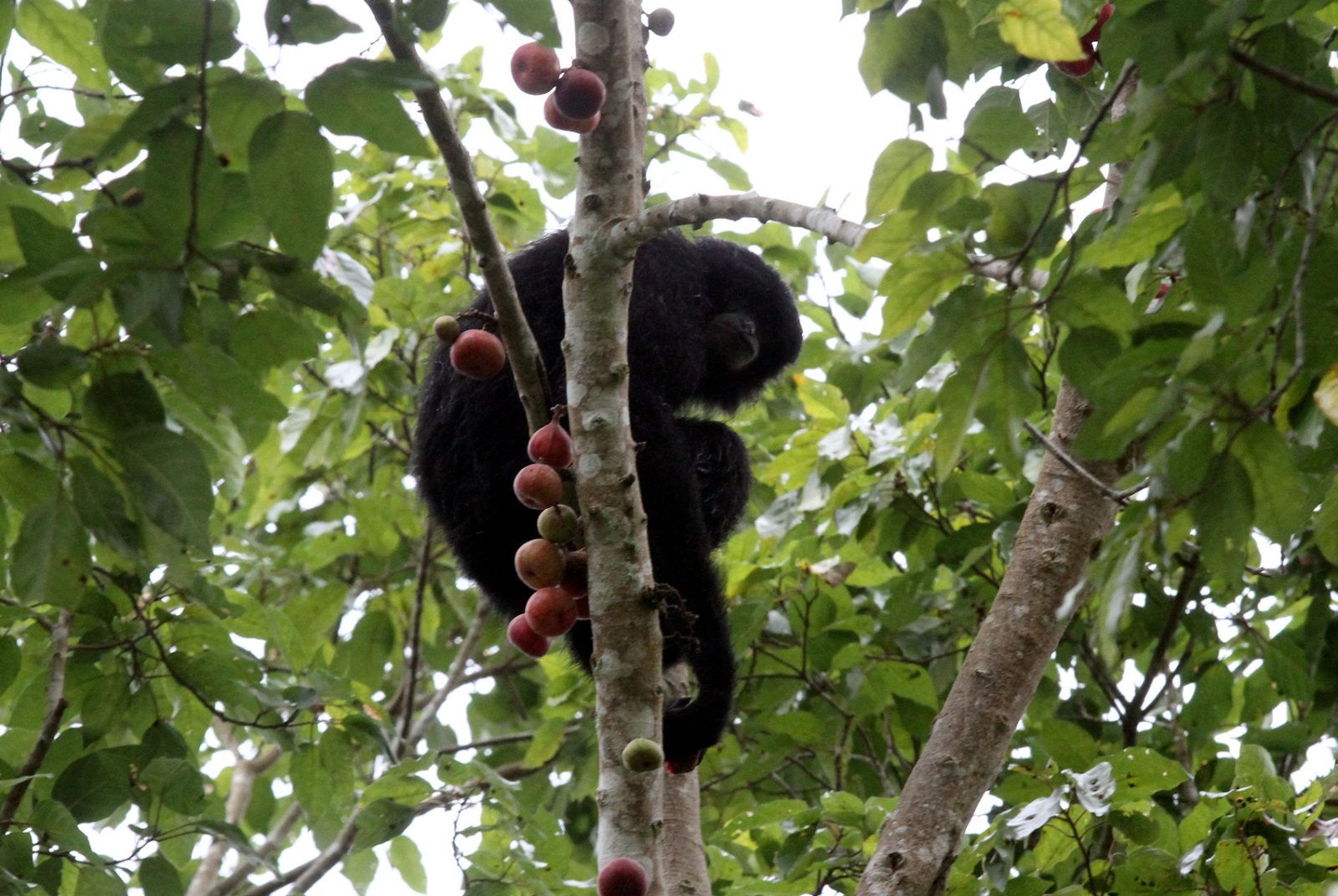GENTING Highlands induces a mental image of cleared forests, buildings galore, and a theme park enterprise. However, for a pair of gibbons – fondly known as Romeo and Juliet – this is their habitat and home.
Most species of gibbons – a type of smaller ape distantly related to orang utans – are endangered, prompting IUCN Species Survival Commission to launch International Gibbons Year in 2015, working with zoos worldwide to help raise awareness of the gibbons’ status.
Naturalist Eddie Chan, 58, decided to embark on his Gibbon Appreciation Project, also in 2015, to document their story and raise awareness of these endangered primates.
“It’s a love story,” he said a little wistfully.
Romeo and Juliet owned land on either side of the highway, but met by chance in 2013. They serenaded each other for three months before Romeo managed to woo Juliet. Now they cross the highway almost every day in order to visit each other’s lands.
It seems like a mere romantic tale, but this anecdote has a lot of sneaky facts thrown in to make this an educational story.
Gibbons DO sing, for instance. Researchers from Kyoto University found that gibbons are able to manipulate their vocal chords to produce loud “songs”, or mating calls, similar to how opera singers are trained to hit high notes with enough power to fill an auditorium.
They’re also territorial creatures, which is why Romeo and Juliet cross the three-lane highway that separates their lands: they’re making sure no trespassers steal from the fruit trees that make gibbons’ territory so precious.
Every morning, they burst into spectacular duets so other siamangs, or gibbons, know where their boundaries lie.
If this isn’t proof enough of the intelligence gibbons possess, Chan has more.
It’s not easy to cross the road, but they’re smart enough to look out for cars and watch out for each other while doing it.
In a video recording of the pair’s daily dash across the highway, Romeo was seen crossing the road first to direct Juliet in her own crossing. At one point, they were holding hands.
Through years of close observation, Chan has come to the conclusion that the pair was separated from their respective families. Most of the other gibbons live fairly far away from the highway, and both Romeo and Juliet were first spotted when they were about five or six years old, the usual age gibbons leave their families to fend for themselves.

The siamangs, Romeo and Juliet eating on a fig tree.
There are about 22 families in Genting’s forest, he said. To keep them – as well as the other wildlife that roam the forest – safe, there are numerous security checkpoints posted all over the mountain.
But that’s not all that can be done to keep gibbons like Romeo and Juliet safe. Awareness is the first step towards conservation, and that’s why Chan publicises them, despite conservationists saying they should be kept a secret to ensure their safety.
On top of that, the naturalist has further plans to build Genting’s first gibbon signboard informing the public to be cautious while driving, as well as to set up an overhanging rope for the gibbons to cross the road safely.
Most of all, Chan hopes that once word gets out about the biodiversity found in Genting’s forests, people will come to visit, and be moved enough to take a part in its conservation.
“I hope to educate everyone, especially the youth, in realising that there is importance in knowing about our forest and the flora and fauna in it,” he said. “Hopefully, they’ll learn the need to keep them safe.”
Romeo and Juliet’s story isn’t done: last year, Juliet gave birth to a son. Since gibbons are monogamous primates, there’s a chance their family will continue to grow, and it’s thanks to Chan’s efforts in keeping them safe.





Tell us what you think!